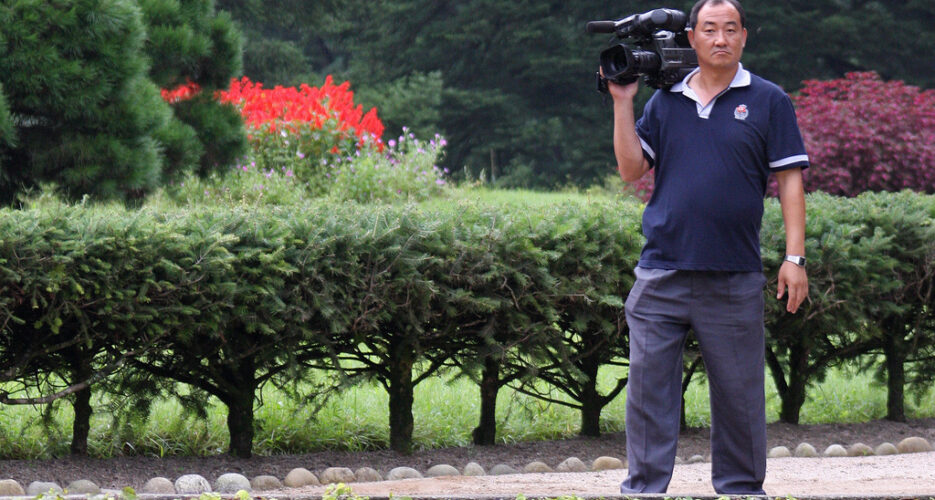Photography and film have long been associated with holding a mirror to oppression and injustice. Think of Claude Lanzmann’s heartbreaking nine-hour documentary film “Shoah,” or Joshua Oppenheimer’s “The Act of Killing.”
The North Korean human rights campaign has gathered swift momentum in the last ten years, through efforts of international non-governmental organizations, but also through its use film and documentaries. The greatest push has come from the United Nations Commission of Inquiry, which resulted in a mammoth report, based on the testimony of 200 experts and survivors, confirming the existence of widespread and systematic crimes against humanity in North Korea.
Photography and film have long been associated with holding a mirror to oppression and injustice. Think of Claude Lanzmann’s heartbreaking nine-hour documentary film “Shoah,” or Joshua Oppenheimer’s “The Act of Killing.”
The North Korean human rights campaign has gathered swift momentum in the last ten years, through efforts of international non-governmental organizations, but also through its use film and documentaries. The greatest push has come from the United Nations Commission of Inquiry, which resulted in a mammoth report, based on the testimony of 200 experts and survivors, confirming the existence of widespread and systematic crimes against humanity in North Korea.
Try unlimited access
Only $1 for four weeks
-
Unlimited access to all of NK News: reporting, investigations, analysis
-
Year-one discount if you continue past $1 trial period
-
The NK News Daily Update, an email newsletter to keep you in the loop
-
Searchable archive of all content, photo galleries, special columns
-
Contact NK News reporters with tips or requests for reporting
Get unlimited access to all NK News content, including original reporting, investigations, and analyses by our team of DPRK experts.
Subscribe
now
All major cards accepted. No commitments – you can cancel any time.










